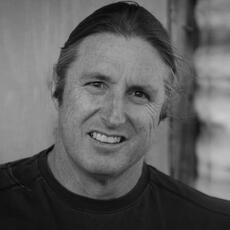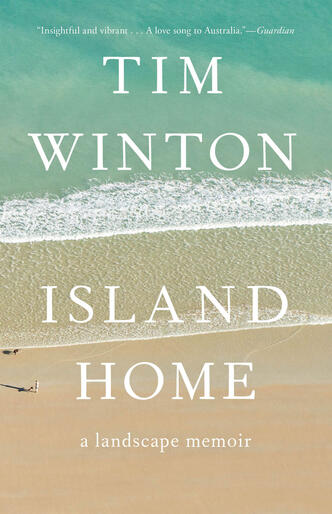Tim Winton's Island Home: A Call to Arms
Today marks the official U.S. publication of Tim Winton’s acclaimed memoir, Island Home. The author of twenty-eight books for adults and children, Winton is known worldwide as one of Australia’s most acclaimed novelists. Island Home offers readers a more intimate view of Winton’s relationship to his home—to the sea, scrub, and swamp as vital to him as the blood relations of family.
But the book also does much more.
The Guardian calls Island Home less a memoir and more a call to arms:
Australian writers have largely failed to explore the physicality and beauty of lives lived in Australian places, argues Winton, a failure that may well be tied to deeper cultural currents. For generations of settler-Australians, our landscapes have been treated as “territory” to be explored and exploited, from which to gouge a living (or a fortune). There has been a lack of love for country or to see it for what it really is.
The consequences of this carelessness are saddening. Our cities are wealthy. That wealth is Australia’s principal achievement of the past century or so. But the costs have been high. Hugging the coasts are Australia’s arable regions—denuded, often degraded, many of these areas were forests just 200 years back. Scattered across the country are thousands of abandoned mines that will leak pollution into our rivers and creeks for generations. Offshore we empty the oceans of life, even as we oversee an experiment in extinction on land.
But there is also cause for hope. Winton sees a shift in thinking, from a view of Australian land as “territory” to “country”, a complex living place that shapes us every bit as much as we shape it.
Through writing that takes us deep into the unexplored beauties of the Australian landscape, we find concerns relevant to us all, well beyond the shores of Australia.
“The world is our home,” Winton says. “We often forget the terms under which we exist. We exist because of nature, we exist through nature, and in nature.”

